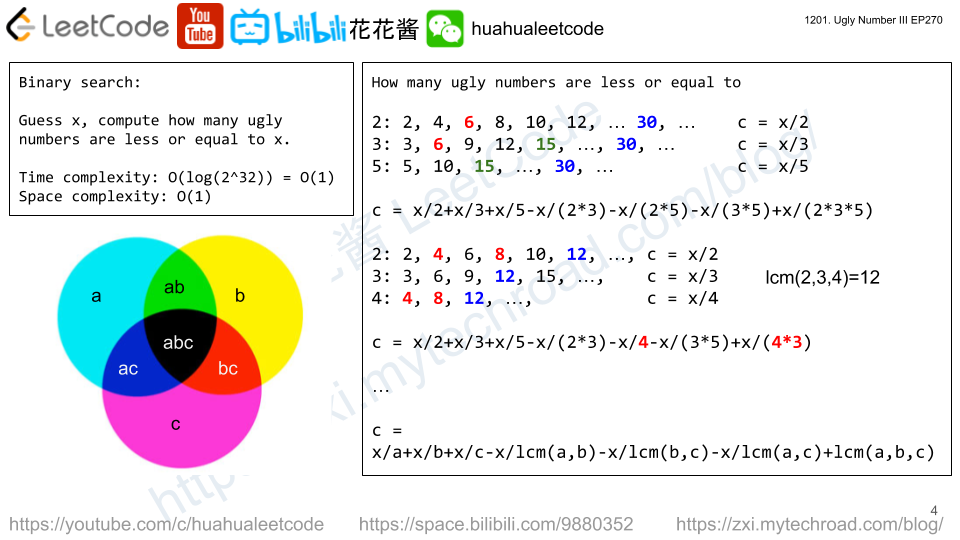You are given two strings s and t of the same length. You want to change s to t. Changing the i-th character of s to i-th character of t costs |s[i] - t[i]| that is, the absolute difference between the ASCII values of the characters.
You are also given an integer maxCost.
Return the maximum length of a substring of s that can be changed to be the same as the corresponding substring of twith a cost less than or equal to maxCost.
If there is no substring from s that can be changed to its corresponding substring from t, return 0.
Example 1:
Input: s = "abcd", t = "bcdf", cost = 3 Output: 3 Explanation: "abc" of s can change to "bcd". That costs 3, so the maximum length is 3.
Example 2:
Input: s = "abcd", t = "cdef", cost = 3
Output: 1
Explanation: Each charactor in s costs 2 to change to charactor in t, so the maximum length is 1.
Example 3:
Input: s = "abcd", t = "acde", cost = 0 Output: 1 Explanation: You can't make any change, so the maximum length is 1.
Constraints:
1 <= s.length, t.length <= 10^50 <= maxCost <= 10^6sandtonly contain lower case English letters.
Solution 1: Binary Search
Time complexity: O(nlogn)
Space complexity: O(n)
C++
|
1 2 3 4 5 6 7 8 9 10 11 12 13 14 15 16 |
// Author: Huahua class Solution { public: int equalSubstring(string s, string t, int maxCost) { const int n = s.length(); vector<int> c(n + 1); auto cit = begin(c) + 1; int ans = 0; for (int i = 0; i < n; ++i, ++cit) { *cit = c[i] + abs(s[i] - t[i]); int len = cit - lower_bound(begin(c), cit, *cit - maxCost); ans = max(ans, len); } return ans; } }; |
Solution 2: Sliding Window
Time complexity: O(n)
Space complexity: O(1)
C++
|
1 2 3 4 5 6 7 8 9 10 11 12 13 14 15 16 17 18 19 |
// Author: Huahua class Solution { public: int equalSubstring(string s, string t, int maxCost) { const int n = s.length(); int ans = 0; for (int i = 0, j = 0, cost = 0; i < n && j < n; ++i) { while (j < n) { int c = abs(s[j] - t[j]); if (cost + c > maxCost) break; cost += c; ++j; } ans = max(ans, j - i); cost -= abs(s[i] - t[i]); } return ans; } }; |






